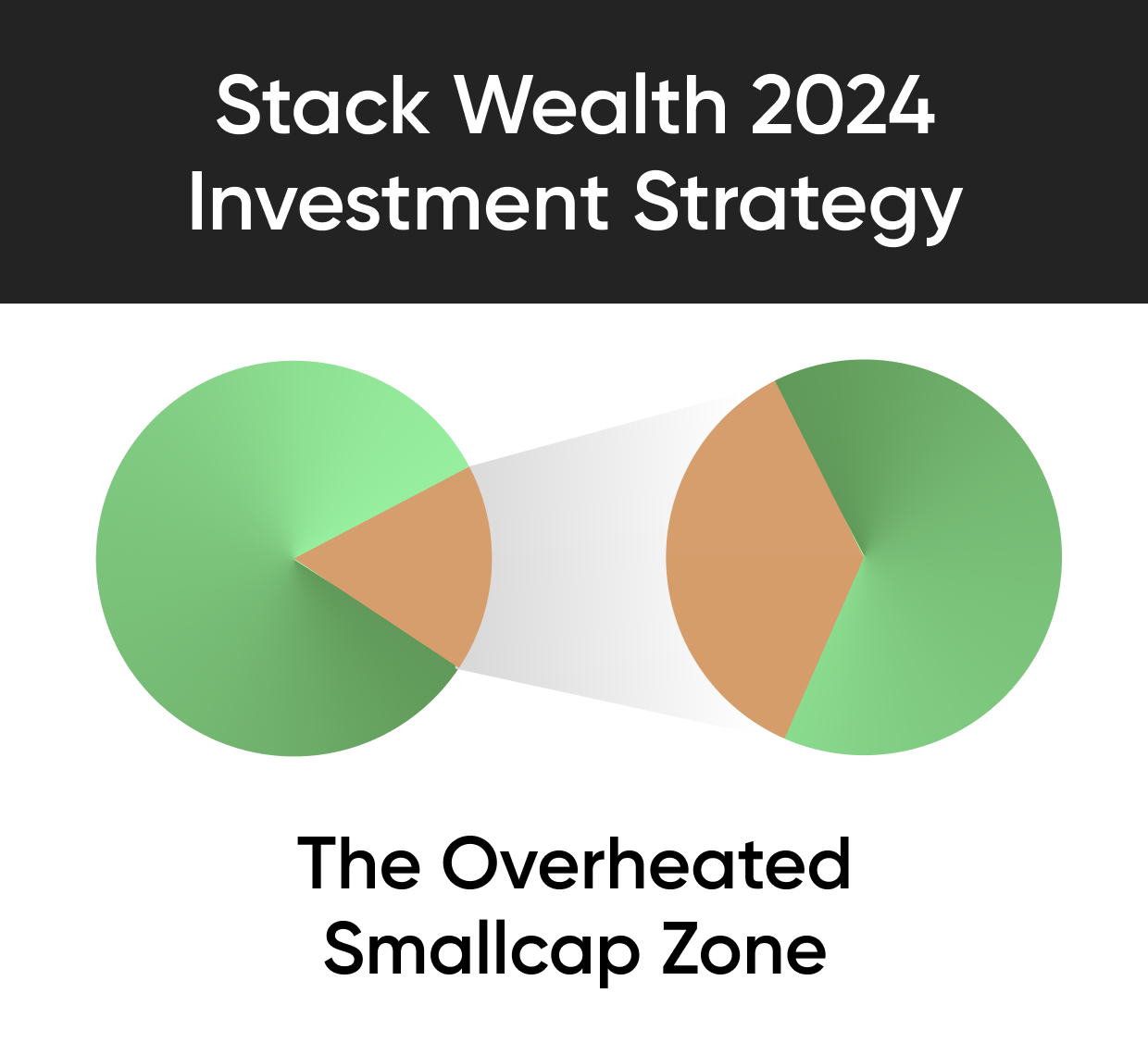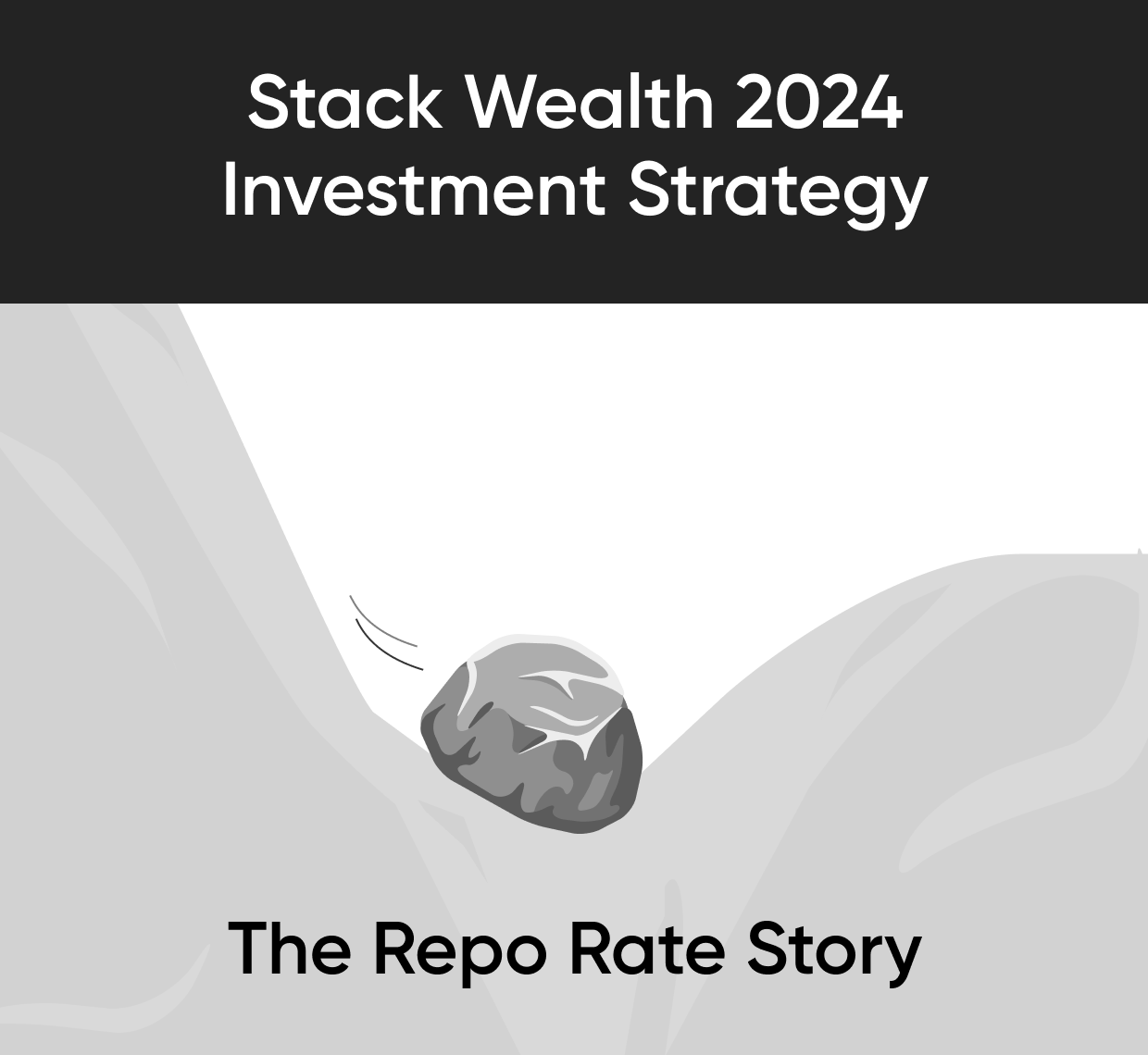What are NFOs?
NFOs (New Fund Offers), are the newly launched mutual fund schemes by AMCs. Investors can buy units at the initial offer price during the subscription period which is usually set at ₹10 per unit. It is an opportunity to invest in a new fund with some specific investment objective. Investors must carefully consider the fund's risk factors and the expertise of the fund manager before participating in an NFO.
How do they work?
Investors subscribe to the new fund at the initial offer price, and after the NFO period, units are allotted based on subscriptions. It can be closed-end or open-end, in which closed-end funds may be listed on stock exchanges. The fund's objectives, strategy, and underlying assets are specified, but historical performance data may not be available which should be carefully evaluated before participating in an NFO.
Benefits of investing in NFOs
- NFOs are managed by experienced fund managers for professional expertise.
- NFOs provide an opportunity to enter a new fund at its initial stages.
- NFOs introduce unique or specialized investment themes.
- NFOs may focus on emerging sectors and themes, offering potential for outperformance.
- NFOs bring a fresh investment approach or strategy to the market.
Types of NFOs
- Closed-Ended NFOs
- They have a fixed number of units issued during the NFO period.
- Investors can redeem units only on maturity, as there is no continuous issuance or redemption.
- Units may be listed on stock exchanges, allowing secondary market trading.
- Market forces determine the price in the secondary market.-Liquidity is constrained as units can be traded only on the stock exchange.
- Open-Ended NFOs
- They allow for continuous issuance and redemption of units even after the NFO period.
- They do not have a fixed maturity date; investors can enter or exit at any time.
- Here the Net Asset Value determines the price of units.
- They generally offer higher liquidity due to the ability to buy/sell units directly from/to the mutual fund.
- Here units are not listed on exchanges, limiting secondary market trading options.
Key Considerations before Investing in an NFO
- Verify if the NFO's objectives align with your financial goals and if the fund manager's strategy resonates with your investment preferences.
- Evaluate if the NFO's risk profile aligns with your risk tolerance and personal investment preferences.
- Check for similar existing funds in the market to leverage their track records and performance history for comparison.
- Understand the NFO's expense ratio-Identify any unique features or propositions that set the NFO apart from existing funds in the market.
- Consider the reputation of the launching AMC, as a well-regarded AMC often signifies better management practices.
- Assess the necessity of investing in the NFO over well-established funds, considering factors like innovation and specific investment themes.
Researching and Evaluating NFOs
Researching and evaluating NFOs includes studying the fund's stated objectives, investment strategy, and the track record of the fund manager. Additionally, investors assess the alignment of the fund's risk profile with their tolerance, compare expense ratios with similar funds, and identify any unique features offered by the NFO. Due to the absence of historical performance data for NFOs, investors may rely on other factors such as the reputation of the AMC and the perceived necessity of investing in the new fund compared to existing alternatives in the market.
Recent Trends and Developments in the NFO Market
Recent trends in the NFO market reflect a growing emphasis on thematic and innovative fund offerings evolving preferences for niche sectors such as technology, infrastructure, and healthcare. Furthermore, the use of technology, including robot-advisors and online platforms, has streamlined the NFO subscription process, which makes it more accessible to a broader investor base. As investors are looking for diversification and unique investment opportunities, AMCs are responding with tailored NFOs, which makes a shift towards a more dynamic and specialised picture in the mutual fund industry.
FAQs
- What is an NFO?
An NFO, or New Fund Offer, is the launch of a new mutual fund scheme by an asset management company, where investors can subscribe to the fund during its initial offering period. NFOs can be open-ended or closed-ended and provide investors a chance to get in at the ground level of a new fund.
- What are the types of NFOs?
- Equity NFOs
- Debt NFOs
- Hybrid NFOs
- Sectoral/Thematic NFOs
- Index NFOs
- Fixed Maturity Plan (FMP) NFOs
- Exchange-Traded Fund (ETF) NFOs
- Fund of Funds (FoF) NFOs
- Close-Ended NFOs
- Open-Ended NFOs
- What is the return potential of investing in NFOs?
The return potential of investing in NFOs varies and is contingent on market conditions, the fund's strategy, and the skill of the fund manager; historical performance data may not be available for accurate assessment.
- What are the risks of investing in NFOs?
The risks of investing in NFOs include uncertainty due to the absence of historical performance data, potential mismatch with investor objectives, and market volatility affecting the new fund's performance.
- How to evaluate NFOs before investing?
Before investing in NFOs, carefully assess the fund's investment objectives, fund manager's track record, alignment with risk tolerance, uniqueness compared to existing options, and the reputation of the AMC launching the NFO.











